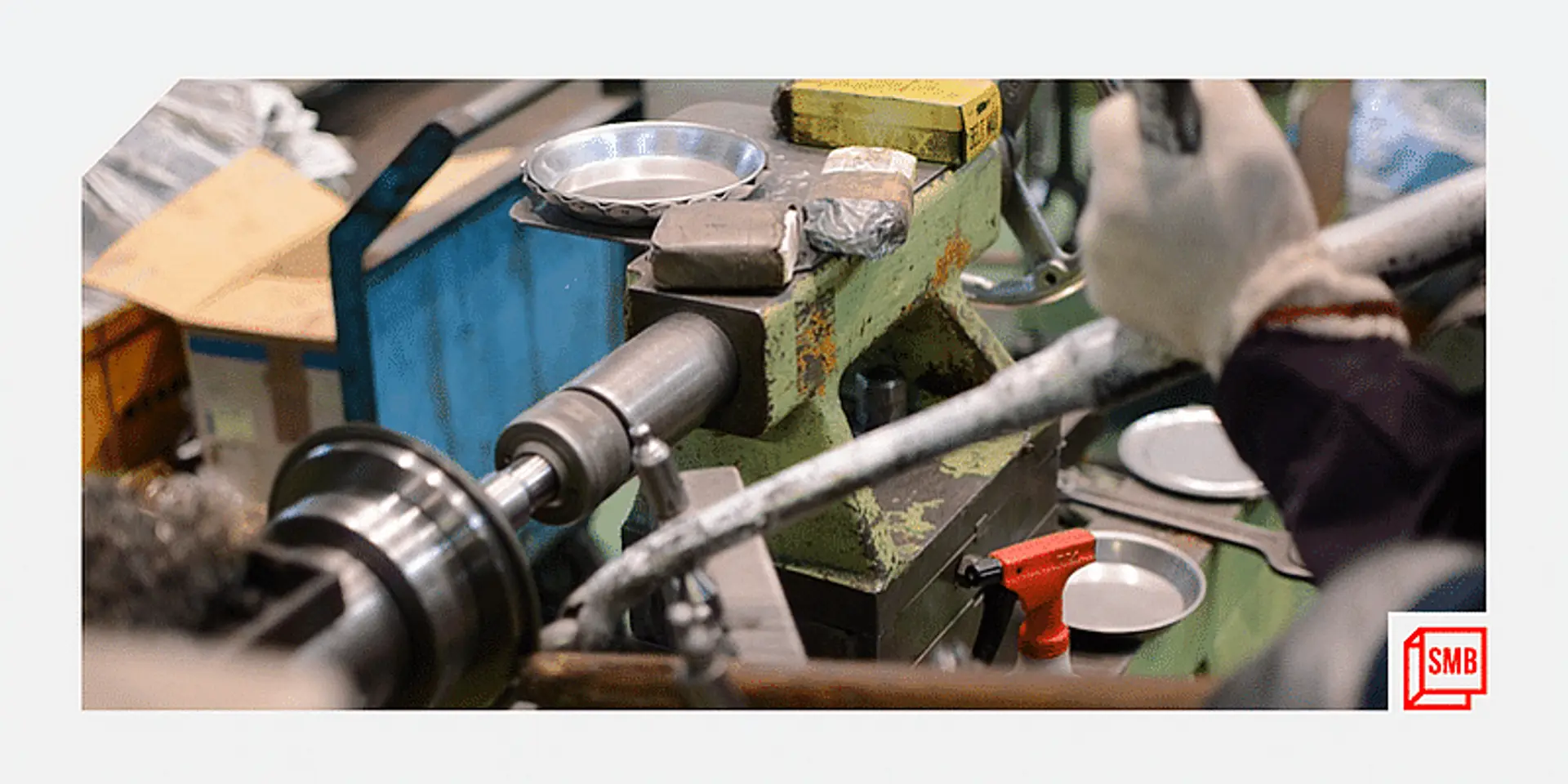Govt schemes for MSMEs and why cos need to register ahead of FY23
After facing the third COVID-19 wave, MSMEs are preparing for FY 2023 hoping that the pandemic is now over. However, what steps do they need to take to ensure a relatively smoother journey ahead?
After a difficult FY 2022, Noida-based toy manufacturing company, Mirada, is gearing up for FY 2023. Its co-founder Aadesh Rohilla says that this is going to be the year when they will need to work everyday for 12 months in a row. Aside from selling online, the co-founder hopes to travel for fairs and exhibitions after a gap of nearly two years of restricted travel.
To say that the current fiscal has been difficult for MSMEs (micro, small and medium enterprises) is an understatement. From combating the second wave of the COVID-19 pandemic to the threat posed by economic slowdown, MSMEs are once again ready to kickstart a new fiscal year with a fresh approach.
The government, which came out with distress-preventing measures, has recently released a few numbers – some good and others, not so much – highlighting the state of the MSME sector.
Impact of the ECLGS scheme
When the Finance Minister announced the Aatmanirbhar Bharat stimulus package in May 2020, one scheme that stood out the most was the Rs 3 lakh crore Emergency Credit Line Guarantee Scheme (ECLGS). The government’s aim was to help “small businesses to meet their operational liabilities and resume businesses in view of the distress caused by the COVID-19 crisis.”
The total cover for the scheme was eventually increased to Rs 4.5 lakh crore and then to Rs 5 lakh crore, along with an additional guarantee cover of Rs. 50,000 crore earmarked exclusively for the hospitality and related SMEs. According to some numbers disbursed by the government, Rs 2.28 lakh crore was disbursed to 95.2 lakh borrowers, impacting 5.45 crore employees as on November 19, 2021.
Aadesh adds that this scheme was helpful especially when the cash flow was stuck in the initial months of the business. “It came really handy for managing operations, fixed cost, employee salaries, and more.”
Sandip Chettri, CEO of TradeIndia, a B2B marketplace based in Delhi, says that the focus of MSMEs right now should be to get themselves registered.
“70 percent of the businesses are not registered and are therefore unable to use the schemes,” he says.
Handholding the unregistered MSMEs, partnering with associations can help in scaling up this sector in FY 2023.
ALSO READ

Treading on the ‘TReDS’ path
The government recently released data showing the value of transactions undertaken on the Trade Receivables Discounting System (TReDS) platforms. The invoices financed in FY 2022 reached a whopping Rs 34,362 crore, the highest since its inception in 2016.
Sandip says that the TReDS platform has shown massive potential in the last three years to provide affordable receivables financing to MSMEs across the country.
However, the government needs to take certain steps to ensure that the momentum doesn’t wear off including ensuring operational efficiency for the exchange of information and time-bound reporting of such transactions.
“They should also look at the integration of TReDS platform with GSTN e-invoicing portal, it is expected to give a fillip to the volumes of receivables that can be factored thereby resulting in a tremendous boost to the factoring business,” Sandip believes.
The road ahead
Another set of data released by the government noted the number of MSMEs that have shut down in the last two years. On Udyog Aadhar Memorandum and the Udyam registration portals, around 6,000 MSMEs have collectively shut down out of the 8.6 million and 7.7 million MSMEs respectively registered as on March 16, 2022.
Sandip says that while some small business owners died, others shut down their businesses and started looking for jobs because of lack of demand. For instance, the owners involved in the school uniforms value-chain. “While some pivoted to other product lines, others decided to shut down their operations altogether.”
While the road to recovery is not easy, some do see the light at the end of the tunnel.
Sudhir Jha, Vice President of MSME Development Forum and General Secretary of All India Confederation of Small and Micro Industries Association (AICOSMIA) believes that instead of relying solely on the government entrepreneurs must move forward with a positive outlook, and should focus on what they can do.
Edited by Affirunisa Kankudti



![[2022 Outlook] Learnings on digitising SMBs and how MSMEs can leverage fintech solutions ahead](https://images.yourstory.com/cs/21/e1da3a20368f11ea8ceed32dbcb77ccc/Image1fta-1641293553609.jpg?fm=png&auto=format&h=100&w=100&crop=entropy&fit=crop)




